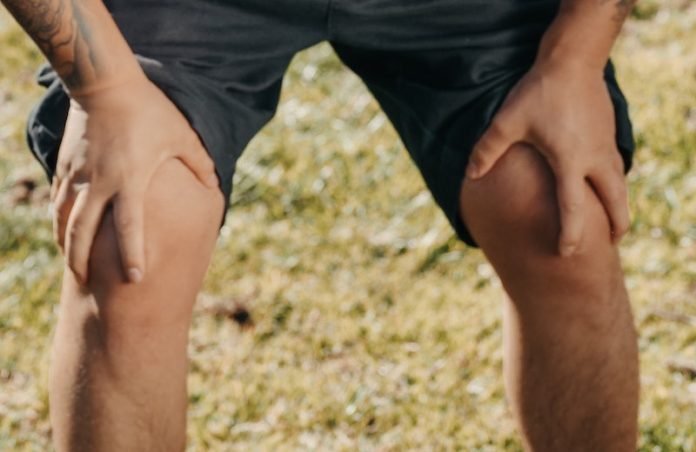
Scientists at the University of Southern California have found that the Signal Transducer and Activator of Transcription 3 (STAT3) protein can help rejuvenate aging cartilage that leads to osteoarthritis.
Osteoarthritis is a type of arthritis that affects the joints in the body, particularly the cartilage and bone tissue.
It is a degenerative condition that can cause pain, stiffness, and decreased range of motion in the affected joint.
It is a common condition, especially among older adults, and is often caused by wear and tear on the joint over time.
While there is no cure for osteoarthritis, there are various treatment options available to manage symptoms and improve quality of life.
These include exercise, physical therapy, medication, and in severe cases, joint replacement surgery.
In the study, the team found an innovative chemical approach that reverses the aging of joint-forming cells, allowing for a clinically relevant manner.
The researchers identified patterns of epigenetic regulation that correlate with the age of cartilage cells and created an “epigenetic clock” for cartilage cells.
The team used a molecule to activate STAT3 and reverse the epigenetic clock by turning on many genes and creating an epigenetic pattern similar to that of younger cartilage cells.
When STAT3 was inactivated, the epigenetic clock ticked faster and promoted an epigenetic pattern observed in older cartilage cells.
The researchers also focused on an enzyme called DNA methyltransferase 3 beta (DNMT3B), which interacts with STAT3, and found that when STAT3 was inactivated, DNMT3B promoted the progression of knee osteoarthritis in injured mice.
The arthritic knee cartilage of the mice showed a significant number of cartilage cells that appeared to be reverting to an immature state, which the team suggests is an attempt to enhance their capacity to develop new knee cartilage.
However, these immature cells seemed to create cartilage that is dysfunctionally immature in the context of a chronic condition like osteoarthritis.
The findings of this study can help develop treatments that harness STAT3’s power to promote regeneration without triggering inflammation.
The study was conducted by Denis Evseenko et al and published in Aging Cell.
If you care about pain, please read studies about vitamin K deficiency linked to hip fractures in old people, and these vitamins could help reduce bone fracture risk.
For more information about wellness, please see recent studies that Krill oil could improve muscle health in older people, and scientists develop a new treatment for common knee injury.
Copyright © 2023 Knowridge Science Report. All rights reserved.



